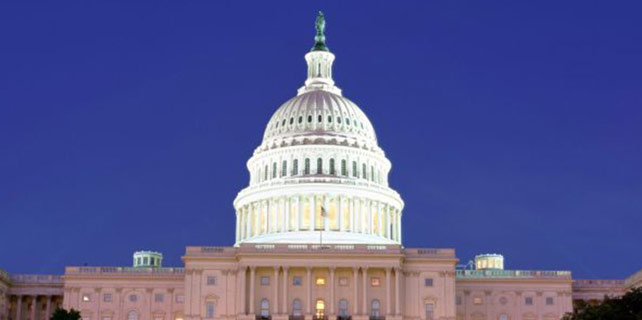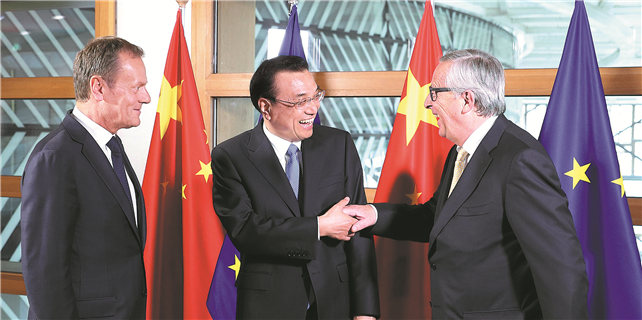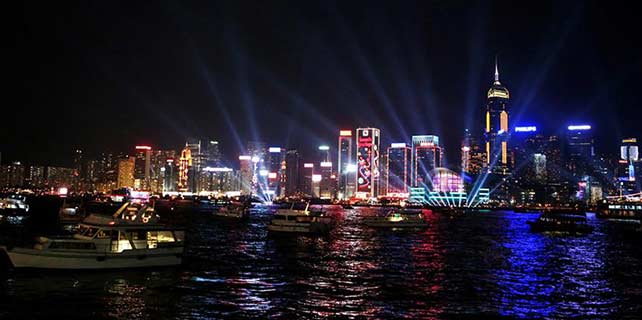US firm sends supplies to space station
US space firm SpaceX on Saturday launched supplies to the International Space Station, including an experiment from a Chinese university that will test the effects of space environments on DNA.
The SpaceX Dragon cargo spacecraft lifted off on the company's Falcon 9 rocket at 5:07 pm EDT (2107 GMT) from the Kennedy Space Center in Florida. About 10 minutes later, the rocket's first stage achieved a successful landing at SpaceX's Landing Zone 1, just south of the launch site at Cape Canaveral Air Force Station.
On this trip, the Dragon will deliver almost 6,000 pounds (2,700 kilograms) of supplies, including solar panels, tools for Earth observation and equipment to study neutron stars.
In the cargo is a 3.5-kilogram device from the Beijing Institute of Technology (BIT) that seeks to tell how a person's DNA code is affected by microgravity in space.
It's one of the more than 40 scientific experiments that will happen at the station.
The Chinese experiment will see how extended time in space affects an individual's immune system DNA code. The experiment will be conducted over two weeks.
NanoRacks, a Houston-based company that provides commercial hardware and services on the ISS, will provide the BIT the power and connection aboard the Falcon 9 to carry out the experiment.
NanoRacks signed an agreement with the institute in 2015 to help deliver its experiment to the American side of the station and a berth on NanoRacks' laboratory facilities in space. After the experiment is done, the payload will be returned to a BIT team in Florida.
The agreement was seen as a symbolic move, as it was the first collaboration between China and the US on a space project after a US law that banned any scientific activity between NASA and China, called the Wolf Amendment.
NanoRacks CEO Jeff Manber said at the time of the agreement that the deal was a "purely commercial" one and was approved by NASA. The Obama administration had informed NanoRacks at the time that the experiment was in compliance with the amendment.
The experiment does not involve any hardware or technology flows to China, and NanoRacks has said that the experiment has intrinsic scientific value. The BIT regularly publishes in Western scientific journals.
"We have a lot to learn from them, and they have a lot to learn from us, so we think that it's an opportunity to show that on the educational side we can do this," said Mary Murphy, senior internal payloads manager of NanoRacks, who will oversee the experiment before it launches.
"The Beijing Institute of Technology is great, given how much research they've done, how much they've published, and how well-known they are throughout the world," she said. "That made this a really great first step, and we hope it'll be successful, and if it is, we hope we'll have more folks interested in this type of work in the future. We think it's a great opportunity."
SpaceX is an American aerospace manufacturing company founded by tech billionaire Elon Musk. It was the first private company to send a spacecraft to the ISS and is contracted with NASA.
amyhe@chinadailyusa.com
















